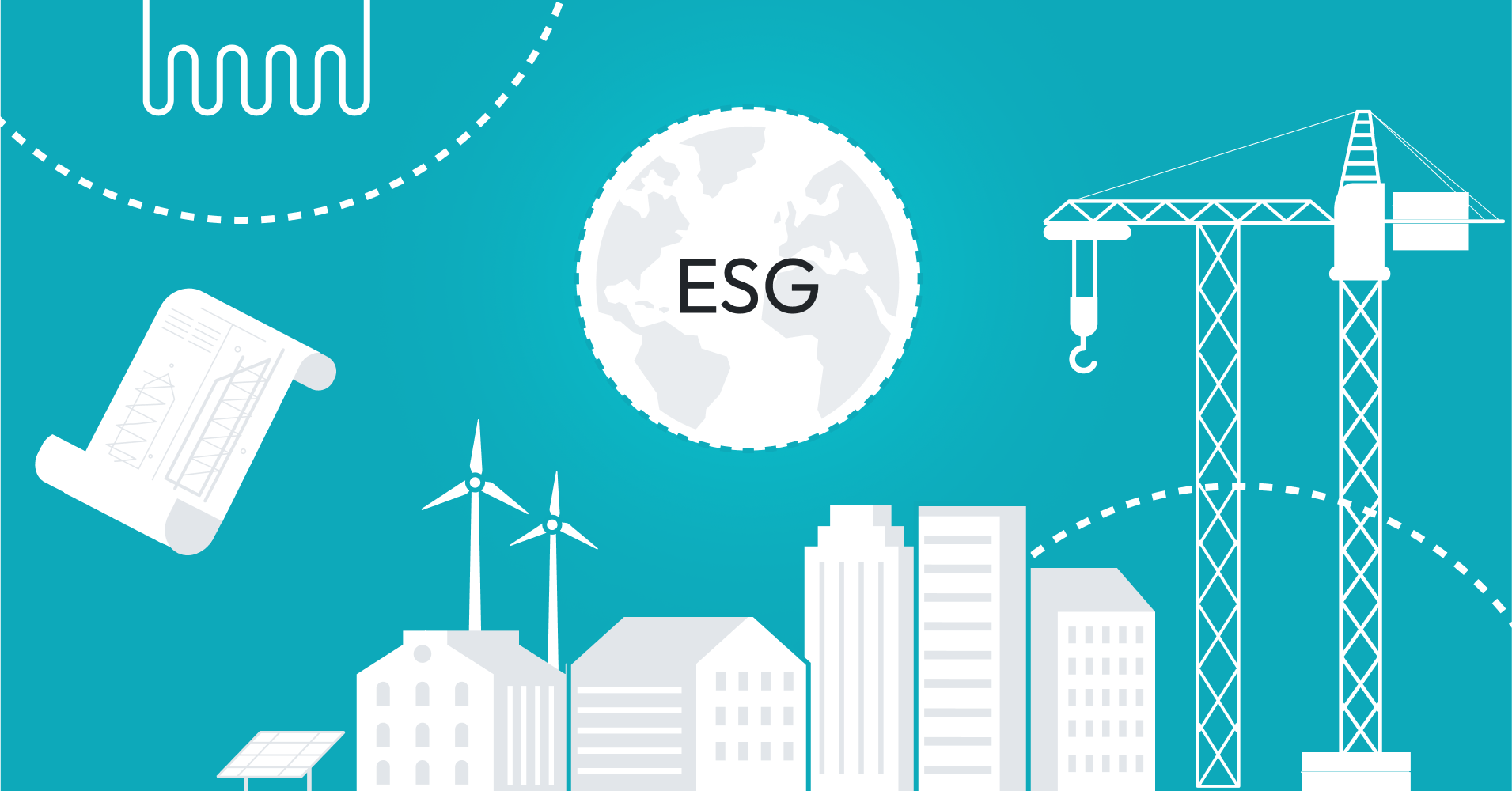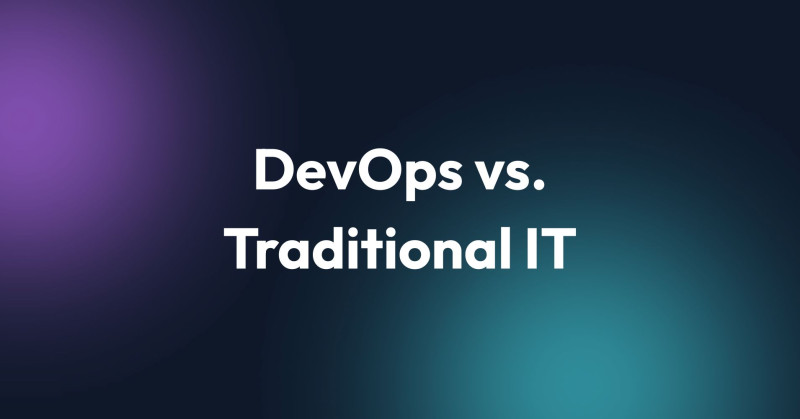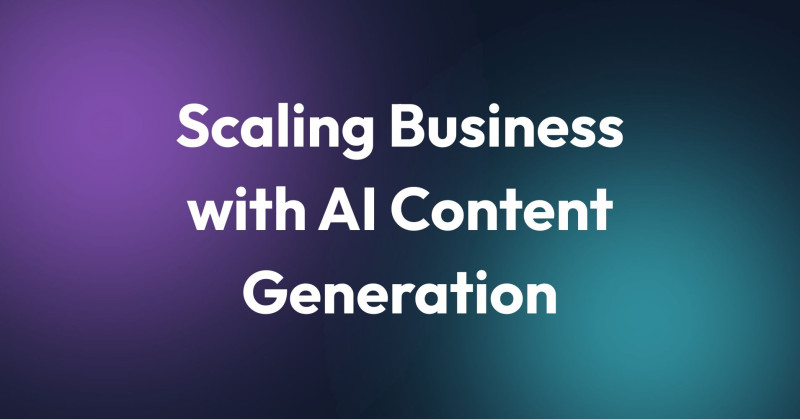The construction industry is a critical driver of economic growth, responsible for creating the infrastructure that supports communities and industries worldwide. However, this sector also faces substantial challenges related to environmental degradation, social equity, and governance issues. Increasing global awareness of climate change, heightened investor scrutiny, and evolving regulatory demands have led to a fundamental shift in how construction companies approach their operations.

Environmental, Social, and Governance (ESG) principles have emerged as a guiding framework for responsible, sustainable, and ethical practices in the construction industry, influencing everything from project planning to execution.
Environmental Impact and Innovation
The construction sector is among the largest contributors to greenhouse gas emissions, resource consumption, and waste production. To mitigate these environmental impacts, the industry is undergoing a transformation that emphasizes sustainability and innovation.
Sustainable Materials and Circular Economy
A major shift has occurred in the materials used in construction. Companies are turning to sustainable materials like recycled steel, bamboo, and eco-friendly concrete alternatives to reduce the reliance on virgin resources. The focus is now on creating a circular economy, where materials are reused, repurposed, and recycled, incorporating responsible waste management, and reducing the environmental footprint of construction projects.
Green Building Design
Energy-efficient designs are becoming a standard feature in construction in recent years. These buildings include elements such as green roofs, solar panels, and highly efficient HVAC systems that reduce energy consumption and emissions. The use of passive design techniques, such as optimizing natural light and ventilation, is another way companies are minimizing energy needs.
Construction Technology and Resource Management
Building Information Modeling (BIM) and other digital tools are revolutionizing how projects are designed, monitored, and executed. By improving resource management and precision, these technologies help reduce waste, improve efficiency, and enhance sustainability throughout the construction lifecycle.
Biodiversity and Ecosystem Preservation
Construction projects often disrupt local ecosystems. Leading companies are integrating biodiversity protection into their project planning by conducting environmental impact assessments, protecting endangered species, and rehabilitating natural habitats after project completion.
Water Resource Management
The industry is developing water-efficient designs and technologies, such as greywater recycling and low-water-use systems. Companies are also taking steps to prevent water contamination through improved site management practices.
Air Quality Improvement
Beyond reducing carbon emissions, construction firms are focusing on air quality, particularly in urban areas. This includes minimizing particulate emissions from construction sites and promoting clean transportation for workers and materials.
Climate Change Mitigation and Adaptation
With climate change posing significant risks, construction companies are building climate-resilient infrastructure that can withstand extreme weather events. They are also implementing strategies to reduce their carbon footprint, such as using low-emission machinery and sustainable building techniques.
Social Responsibility and Community Engagement
Construction projects have far-reaching social implications, particularly in the areas of labor rights, community relations, and workforce diversity. The industry is increasingly recognizing its responsibility to contribute positively to the social fabric of the communities in which it operates.
Safe and Healthy Working Conditions
Ensuring worker safety is a top priority. Construction companies are adopting stringent health and safety protocols, providing training and protective equipment to minimize accidents and health risks. By focusing on worker well-being, firms not only comply with regulations but also foster a motivated and productive workforce.
Community Development and Engagement
Responsible construction companies are deeply involved in community development. They invest in local infrastructure, support education and healthcare initiatives, and engage with local communities to ensure that their projects bring long-term benefits, fostering social equity and trust.
Cultural Heritage Preservation
In many regions, construction projects intersect with historically significant areas. Companies are collaborating with cultural heritage experts to preserve historical landmarks and respect cultural diversity, ensuring that development does not come at the cost of a region’s history.
Public Health and Safety
Beyond worker safety, construction companies are implementing measures to address public health concerns, such as managing noise and air pollution and ensuring safe pedestrian access around construction zones.
Labor Rights and Fair Trade
Ensuring fair wages, safe working conditions, and adherence to labor rights standards is essential in the globalized construction industry. Companies are working to eliminate modern slavery and unfair labor practices from their supply chains, promoting ethical sourcing and fair trade.
Governance and Ethical Practices
Strong governance practices are essential for ensuring transparency, accountability, and ethical behavior in the construction sector. Companies are increasingly implementing robust governance frameworks that promote responsible decision-making and mitigate risks.
Board Oversight and Accountability
Effective governance starts at the top. Construction firms are establishing independent boards with diverse expertise to ensure that decision-making aligns with ethical standards and long-term strategic goals. Risk management frameworks are being strengthened to address challenges such as project delays, cost overruns, and regulatory compliance.
Anti-Corruption and Ethical Conduct
Corruption has long been a challenge in the construction sector, but leading companies are taking a stand. By adopting zero-tolerance policies on bribery and corruption, and fostering fair competition, companies are promoting a level playing field, which improves trust with stakeholders and regulatory bodies.
Supply Chain Transparency
Companies are scrutinizing their supply chains to ensure they are free from unethical practices such as child labor, forced labor, and unsafe working conditions. By promoting transparency, construction firms build trust with investors, clients, and the public.
ESG as a Competitive Advantage for Construction Businesses
Adopting ESG principles goes beyond compliance—it is increasingly seen as a competitive advantage in the construction industry. Investors are placing greater emphasis on sustainable and ethical practices, and firms with strong ESG credentials are better positioned to attract capital. Moreover, clients in industries such as technology, finance, and healthcare are demanding sustainable construction solutions, making ESG integration a key differentiator in a crowded market.
Brand Reputation and Client Trust
A company’s commitment to ESG principles enhances its brand reputation. By demonstrating responsible practices, firms can build trust with clients, win more contracts, and secure long-term partnerships.
Innovation and Long-Term Success
Companies that prioritize ESG are also driving innovation. By investing in sustainable technologies and improving governance practices, these firms are positioning themselves for long-term success, ensuring they remain competitive in an evolving market.
Simplifying ESG Reporting with AI
AI can significantly simplify ESG (Environmental, Social, and Governance) reporting by automating data collection, analysis, and compliance checks. Here’s how:
Automated Data Collection: AI can gather data from various sources like internal systems, supply chains, or external reports, reducing manual effort. It ensures that all relevant data is captured accurately and in real-time.
Data Analysis and Insights: AI algorithms can quickly analyze vast amounts of ESG-related data, identifying patterns, trends, and potential risks. This helps businesses track their performance across key sustainability metrics and make more informed decisions.
Regulatory Compliance: AI can continuously monitor changes in ESG regulations and automatically cross-check a company’s reports against these requirements, ensuring compliance and reducing the risk of errors or omissions.
Real-Time Reporting: AI allows for real-time monitoring and reporting, enabling businesses to provide up-to-date information to stakeholders and regulators without lengthy manual processes.
Overall, AI makes ESG reporting faster, more accurate, and less resource-intensive, allowing companies to focus on improving sustainability rather than managing paperwork.
Read more: How AI is Transforming ESG Reporting?
Future Outlook of ESG in Construction
As ESG becomes increasingly central to the construction industry, companies must remain proactive in adapting to new challenges and opportunities. Regulatory frameworks will continue to tighten, and investor expectations will evolve, placing a premium on sustainability and ethical practices. Those companies that prioritize ESG today will not only comply with regulations but will also lead the charge in shaping a more sustainable and equitable future for the industry and society as a whole.
By embracing environmental sustainability, social responsibility, and good governance, construction firms can build a better future—one that balances economic growth with the needs of the planet and its people.





















